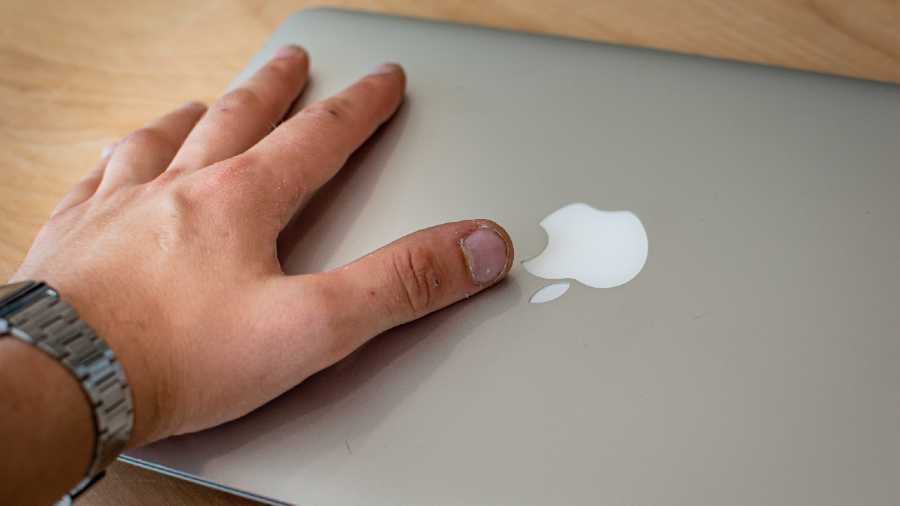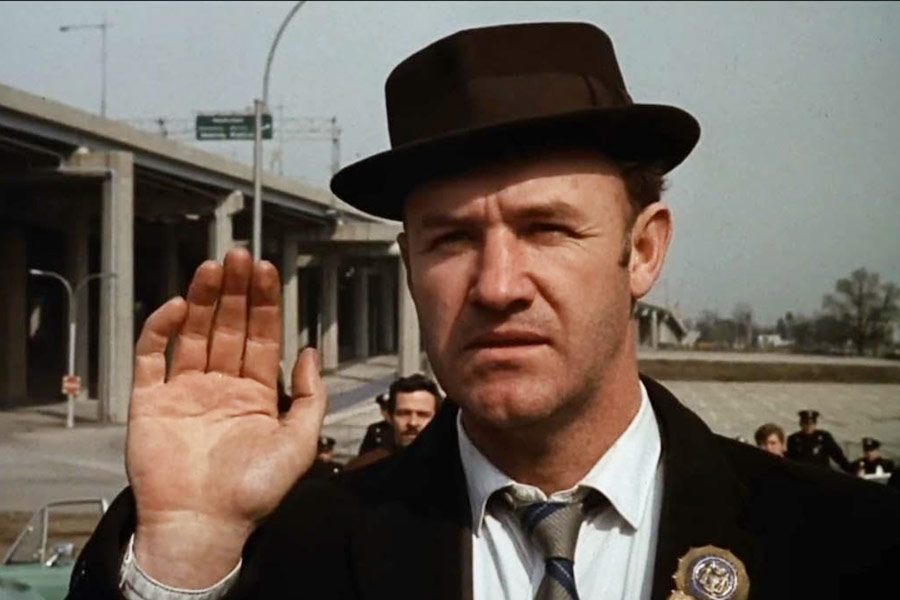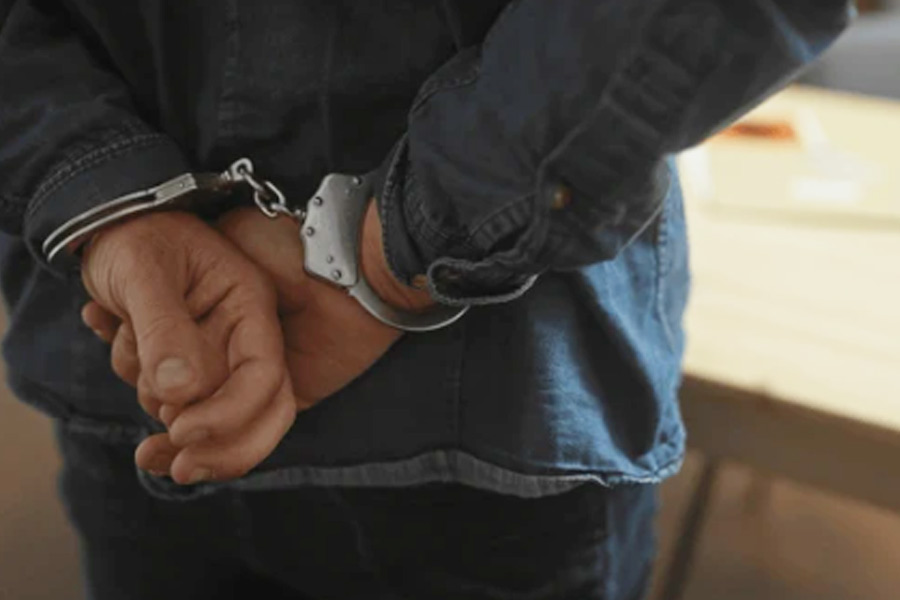Do you have an old MacBook or Windows PC lying around? If it is still working, here is a chance for you to give it a new lease of life.
Chrome OS Flex was released by Google last month. It is a great solution to make your old laptops and desktops reusable, thereby reducing e-waste.
Basically you are augmenting the operating system of your old PC with the Chrome OS. You do not have to get rid of Windows or macOS that still gets updates. It is good for schools or businesses that do not have the latest hardware to run modern apps. By running Chrome OS Flex, your old PCs will recover from their sluggishness and their life will be extended.
Chrome OS Flex is a cloud-first operating system. The dependence on cloud computing makes it extremely lightweight. It is powered by CloudReady but has more features and flexibility. CloudReady is the operating system developed by Neverware which turns your existing PC or old Mac into a Chromebook. Neverware was acquired by Google in 2020.
Chrome OS Flex is designed to be secure; there is no need for antivirus software. It supports UEFI Secure Boot and is easy to manage using the Google Admin console.
As it is still in the experimental stage, you can try it straight from a USB drive without even installing it. You will need a 64-bit Intel or AMD CPU, at least 4 GB of RAM and a 16 GB USB drive. You would also need support for booting from USB and administrative access to the BIOS/UEFI settings. Above all, you need an Internet connection.
Try Chrome OS Flex without installing it on your computer. First, instal the Chromebook Recovery Utility extension on your computer from the Chrome Web Store in Google Chrome. Here is the link: https://bit.ly/3tqTy91. Click on Add to Chrome. Insert the USB drive into your computer.
Open the extensions library that looks like the jigsaw puzzle piece on the top-right in Chrome. Click on Chromebook Recovery Utility. On the first page of the Chrome Recovery Utility click on “Get started” on the bottom right. On the next screen click on “Select a model from a list”.
From the drop-down menu, set the manufacturer to Google Chrome OS Flex and the product to “Chrome OS Flex (Developer-Unstable)”. Then click Continue.
The next screen will direct you to insert your USB Flash drive or SD card. On the screen select the USB drive you have plugged in and then Continue.
Remember that the USB drive will be wiped clean so make sure you have nothing important on it.
On the next page click on Create Now in the bottom right-hand corner. This may take a few minutes. When over, click on Done.
It is important to change the boot order of your PC. When a computer starts, a user can access the Boot Menu by pressing one of several keyboard keys. Common keys for accessing the Boot Menu are Esc, F2, F10 or F12, depending on the manufacturer.
Once you are in the BIOS, look for a menu or an option that lets you see and change the boot priority. Change the order so that USB is at the top of the list.
To boot from the USB drive on your Mac, hold Command+R when the machine is starting up. Select Startup Security Utility, and select “Allow booting from external or removable media”. Then restart while holding down the Option key and select Chrome OS Flex drive.
If your Mac is older than 2018, press and hold the Option key as you restart. When you see the available startup disks, select one.
The USB stick should be plugged into a USB port for it to appear in the list of boot options.
Chrome OS Flex needs little maintenance or knowhow. Booting up is very fast and apps also open in a jiffy. It would be a good makeover for your old PC.
Send in your problems to askdoss2020@gmail.com with TechTonic as the subject line











